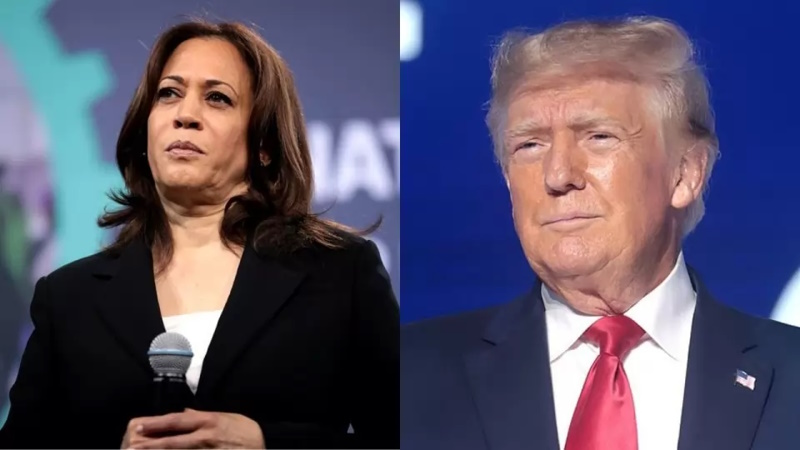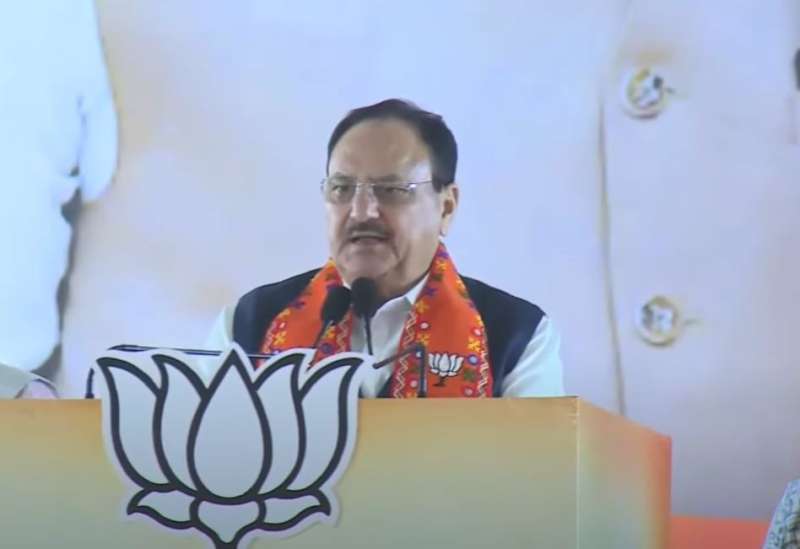 As Americans head to the polls today (November 5) to decide the next president, global markets and economies, including India’s, watch closely. What would a win for either Republican Donald Trump or Democrat Kamala Harris mean for India’s economy?
As Americans head to the polls today (November 5) to decide the next president, global markets and economies, including India’s, watch closely. What would a win for either Republican Donald Trump or Democrat Kamala Harris mean for India’s economy?
The United States, the world’s largest economy, is also one of India’s largest trading partners, second only to China. Given the size of Indo-US trade, the economic policies of Trump and Harris carry implications for India’s export interests, technology sector, and more. Here’s a breakdown of how each candidate’s victory could impact India’s economy and daily life.
One of Donald Trump’s core policies is protectionism. If he returns to the White House, higher import duties could strain India’s export industry. During Trump’s previous term (January 2017 to January 2021), the compounded annual growth rate (CAGR) of Indo-US trade was 7.5%, compared to 9.2% under Joe Biden’s term, as noted by PL Capital. However, Trump’s tough stance on China could present opportunities for Indian businesses to capture market share previously dominated by Chinese exports.
A Kamala Harris win could mean more H1B visas for skilled workers, benefiting India’s large population of technology professionals. In contrast, Trump’s policies have historically tightened H1B visa regulations. Since India receives the highest remittances globally, driven by professionals in the US, Harris’s policies could support this economic pillar.
Trump’s pro-oil exploration policies could potentially reduce global crude oil prices, a favorable outcome for India’s energy demands. Conversely, Harris is expected to champion renewable energy initiatives, aligning with India’s push toward sustainability and clean energy goals.
India’s pharmaceutical industry could also see impacts depending on the winner. Trump’s policies may offer favorable pricing for India’s generic drug sector. Harris, on the other hand, could support Medicare expansion, which might also benefit Indian pharmaceutical companies that produce affordable generics.




